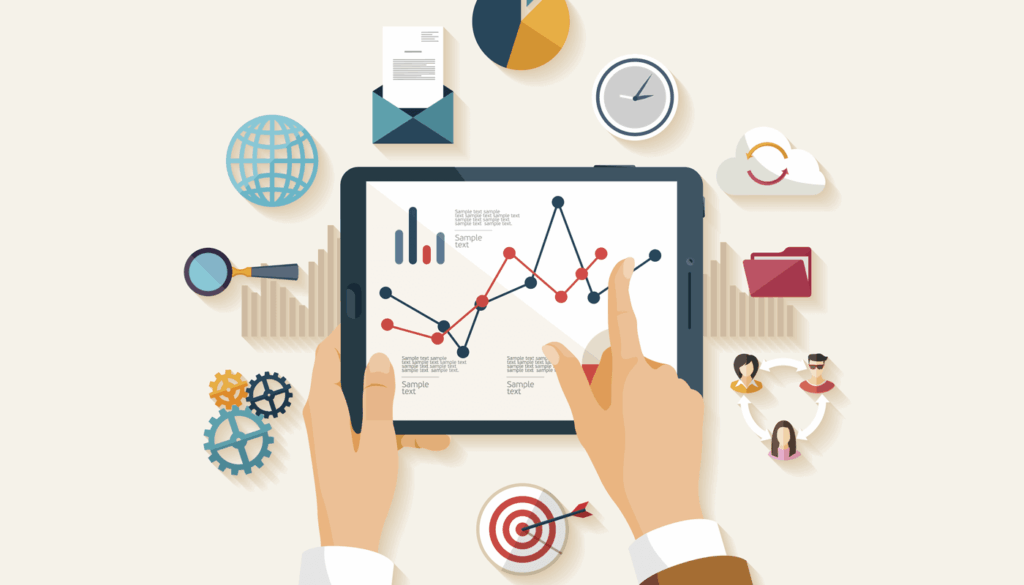
Ten Essential Reasons for Hotels to Upgrade Their Property Management Systems
Shiji outlines crucial reasons why modern hotels must enhance their property management systems to stay competitive.
The Shift Towards Modern Property Management Systems in Hospitality
Let’s face it: technology is constantly evolving and the team at global hospitality tech firm Shiji points out that those who refuse to move with the times are guaranteed to be left behind.
A good case for this is the global hospitality sector, an industry that must advance especially in operations. As hospitality continues to accelerate in terms of amenities, service, and property development, outdated property management systems (PMS) are holding many accommodations back. Legacy tools often leave hotels vulnerable to online threats as they no longer receive necessary updates.
For this reason, Shiji shares ten reasons why hotels should upgrade their PMS if they hope to keep pace with new technologies and safeguard against threats.
I. High Costs of Cybersecurity Threats
Hotels are frequent targets for hackers due to the extensive data they hold. An outdated PMS can expose sensitive information such as credit card and passport details, leading to costly lawsuits and damage control efforts. An upgraded PMS can provide better online security measures, encrypted databases, and round-the-clock threat monitoring.
II. Tighter Global Data Laws
Hotels catering to international guests must comply with various regulations, such as GDPR in Europe and CCPA in California. An old PMS that doesn’t automatically manage data compliance can leave hotels open to severe fines. Modern systems incorporate compliance tools to streamline adherence to these laws.
III. The Need for Cloud Technology
Relying on local servers poses risks; if a server fails, hotels lose bookings and frustrate guests. Cloud-based PMS eliminates such risks by offering automatic backups, real-time updates, and remote access.
IV. Digital Convenience for Guests
Today’s guests want seamless experiences, desiring features such as mobile check-ins and digital room keys. A modern PMS meets these expectations and enhances guest satisfaction.
V. Avoiding Isolation in Systems
An outdated PMS might not integrate effectively with other systems like revenue management and analytics, creating operational bottlenecks. Modern PMS solutions provide seamless API integrations for better efficiency.
VI. Efficiency Through Automation
No hotel should manage room assignments or invoice reconciliations manually in this day and age. Modern PMS automates these tasks with AI workflows, reducing errors and allowing staff to focus on guest services.
VII. Custom Fit of PMS Solutions
Legacy PMS often constrain hotels to inflexible workflows. A suitable PMS adapts to the hotel’s brand and operational style, enhancing customization in service delivery.
VIII. Better Data-Driven Decision Making
Old systems either lack analytics or complicate reporting. A modern PMS offers real-time insights via easy-to-read dashboards, eliminating estimation errors.
IX. Goodbye to Standalone Channel Management
Modern PMS can manage OTA listings directly, ensuring that rates and availability sync uniformly across all platforms, reducing risks of overbooking and unnecessary costs.
X. The Danger of Relying on Legacy Systems
With the rapid development of technology, older PMS systems designed in the 2010s fall short of the capabilities of contemporary solutions. Today’s systems feature advanced functionalities like AI pricing engines.
Investing in a state-of-the-art PMS ensures that your hotel remains competitive for the foreseeable future.
